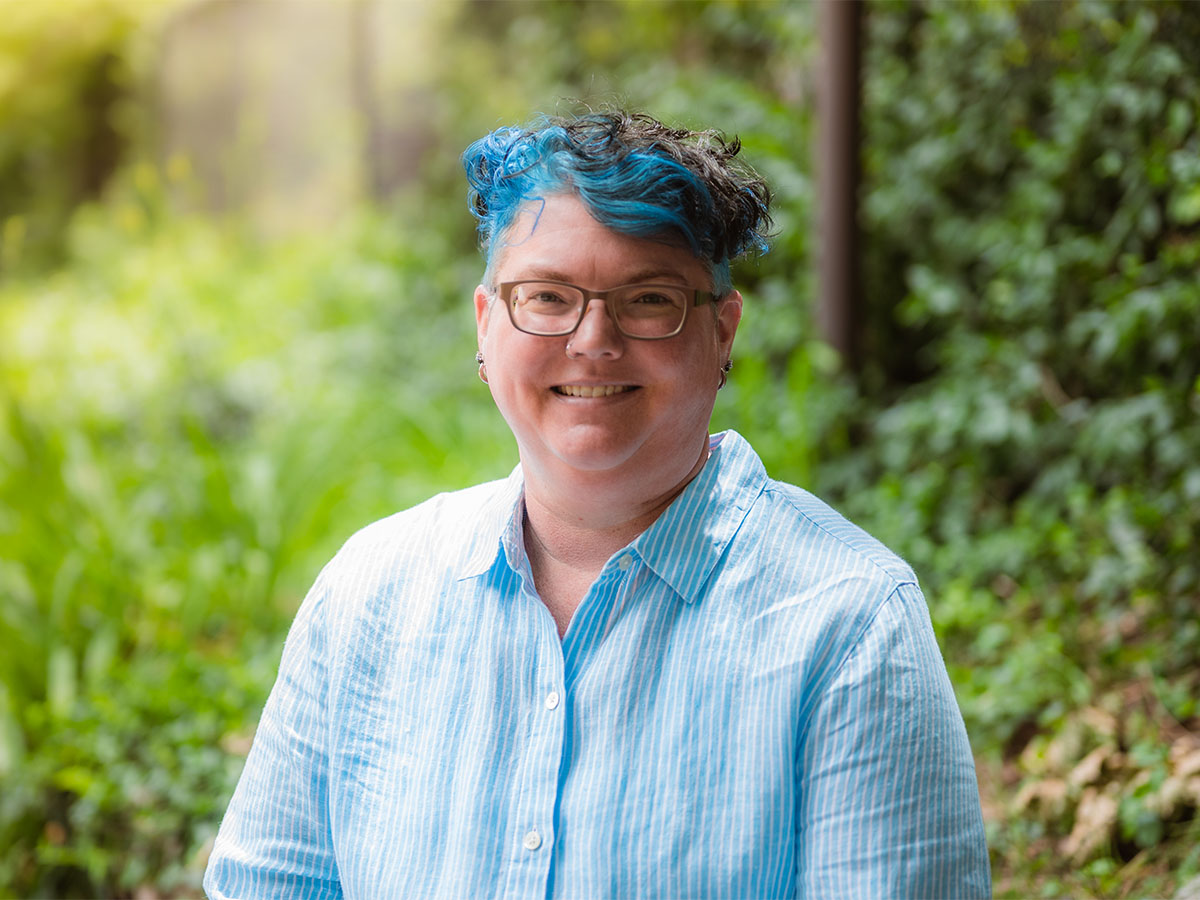New Faculty Profile: Carina Rebello

Dr. Carina Rebello, Department of Physics
As part of the faculty's research direction in science pedagogy, Dr. Carina Rebello joins the Department of Physics as an expert in physics pedagogy. She comes to us from Purdue University where she served as an Assistant Professor of Practice and continues to serve as adjunct faculty and to hold National Science Foundation (NSF) research grants.
Pedagogy itself is not new, but what challenges are specific to physics?
I think people are now more ready to listen and participate in revitalizing science education. The transition from high school is still a big challenge — equation sheets disappear and students are suddenly expected to understand first principles and begin using them. Also, at least in the U.S. where I come from, some schools don’t even offer physics due to space or funding problems, while others use teachers with no formal training in physics. So, kids come in unprepared. Physics is also seen as a “weed-out class” where few survive. So, fear of physics is another hurdle. I want to help change that perception and the learning experience in physics.
What is your research focus?
There are two areas. One is physics pedagogy at the undergraduate level. I look at ways to reform physics labs; improve student attitudes, motivation, success and retention; co-create courses with shared visions of students, professors, graduate assistants and other stakeholders. Course content is important for sure, but so are things like skills development, providing effective learning spaces, and creating experiences that benefit all students with linguistic, cultural and other kinds of diversity.
Graduate teaching assistants (TAs) are also an important part of a course’s cultural dynamic. So, my second focus area is their professional development — how to train TAs to become better teachers and to realize themselves as educators.
The research uses quantitative and qualitative elements. Some interesting methods include observation of students, analysis of their output, reflective journaling, think-out-loud experiments where subjects verbalize their thought process as they learn, and so forth. It’s quite varied.
"Course content is important, but so are skills development, effective learning spaces, and experiences that benefit a diversity of students."
What attracted you to Toronto Metropolitan University?
For one thing, the science pedagogy role itself is quite rare. Also, since the faculty is hiring one for each department, being part of a new cluster made it even more attractive — not being alone, but part of a team in a newly advocated, newly generated program. Yes, it meant leaving my home in the U.S., but coming to Toronto — the most diverse city in North America — is a great opportunity for me to rethink the populations of people I interact with.
Your personal academic path influences your interest in pedagogy. How so?
Physics was never easy for me, but that’s the part I valued out of it! I had actually started in pre-veterinary medicine. But friends noticed that I really enjoyed the required physics courses, and they dared me to move into physics. I made the leap and never looked back.
Even during grad school, I thought biophysics would be a convenient fit (pulling together physics and veterinary), but I discovered that I really liked TA work — teaching students, empathizing with their challenges, helping them gain skills to overcome hurdles. I eventually completed my PhD in science education. So, in my experience, it’s ok to be dynamic in your directions/path. Never be afraid of a good challenge! That’s the perfect time to “find your tribe”. Reach out to anyone and everyone who can help.
What do you enjoy doing outside the lab?
I love travelling, yoga, cooking and learning about new cuisines — especially South Indian cuisine. I’ve actually travelled to India seven times. I also grew up in the U.S. Midwest and was always around Arabian horses. So, I used to enjoy horseback riding, but now, I’m pretty happy with any outdoor activity.
Meet our other science pedagogy professors:
Dr. Francis Duah (Mathematics)
Dr. Krystal Nunes (Chemistry and Biology)